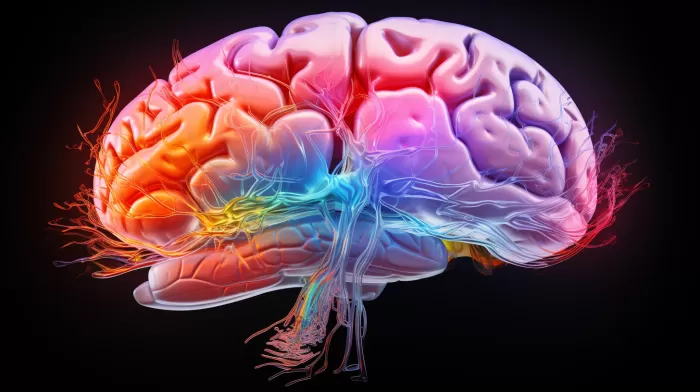Imagine missing a deadline or forgetting someone’s name at a party – frustrating and potentially embarrassing, right? Yet, believe it or not, there’s a hidden advantage to our memory letting us down. According to British developmental psychologist Mark L. Howe of Lancaster University, when your brain recalls false memories, it can actually provide you with various benefits. So, let’s unravel the mystery behind these memory “illusions” that unintentionally help improve our lives in numerous ways.
The flexibility of our memory
Memory is an interesting and incredibly versatile skill. It allows us to process and store new information about our experiences, surroundings, and the people in our lives. As we receive new information, our brain weaves it with memories we already possess.
These memory “illusions” aren’t inherently bad, but rather, they can actually prove to be quite useful. Howe believes that these incorrect memories have evolved over time to offer psychological and cognitive benefits that help us navigate life more effectively.
Moreover, since our brain concocts these false memories internally, they tend to stick with us even more than memories of actual events!
Unlocking the benefits of “wrong” memories
It’s certainly intriguing to think that a seemingly negative trait such as recalling false memories can provide us with a wide array of advantages. Let’s delve into these unexpected benefits:
- Boosting confidence and performance: Believing that you’re better at a particular skill or activity than you are in reality can actually improve your future performance. Having more confidence in your abilities, even if it’s based on incorrect memories, can lead to better execution and increased success. This phenomenon can be observed in sports, games, or any other activity where self-assurance plays a crucial role in performance.
-
Strengthening relationships: Recalling a happier childhood, even if that wasn’t entirely the case, can contribute to increased trust and intimacy with others. As adults, our relationships are heavily influenced by our past experiences and memories. If our brain recalls a positive and supportive upbringing, we’re more likely to have a better foundation for forming strong connections with others.
-
Harnessing the power of the placebo effect: Believing that an inactive treatment or medication is effective can actually promote healing, without the side effects associated with more potent drugs. Our memory plays a significant role in our healing process. When we remember a certain medication working positively in the past, our brain tends to anticipate the same outcome. As a result, even if we’re using a placebo, our body might respond positively, leading to an improvement in our health.
Embracing the positives of false memories
Our brains are remarkably complex and resourceful. These memory “illusions” demonstrate that even when we recall things incorrectly, our brain is still constantly working to benefit us. As Howe states, “Memories, true or false, can have a negative or positive effect, depending on the context. The key point is: Just because a memory is false doesn’t make it bad.”
So, the next time you misremember something or falsely recall a situation, don’t be too hard on yourself. Chances are, your brain is just trying to help you out in its own unique and quirky way. Remember to embrace the unexpected benefits that emerge from the fascinating world of our memory.



